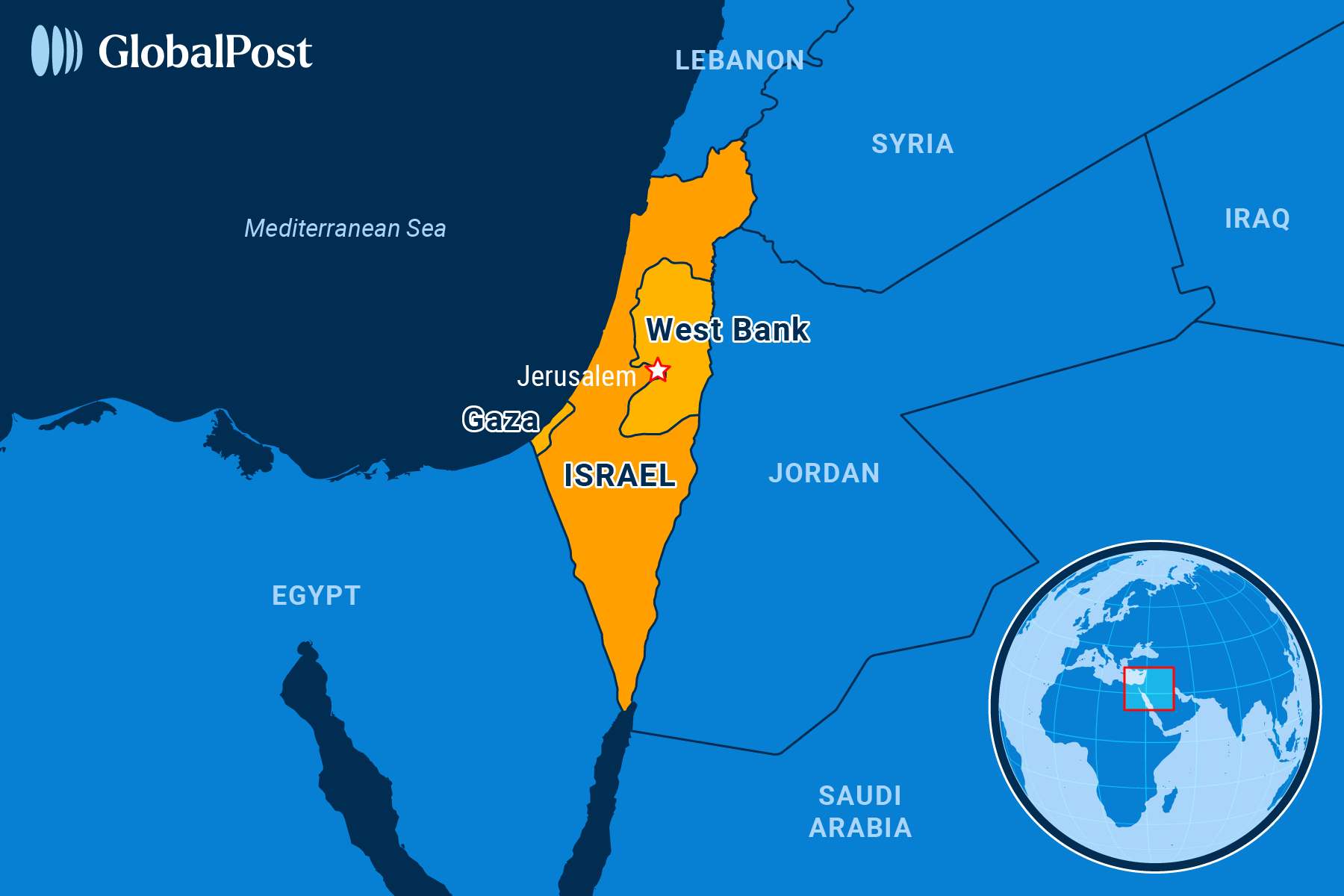Testing the Waters

A long-awaited ceasefire between Israel and Hamas took effect Sunday, halting more than 15 months of brutal conflict that devastated the Gaza Strip, and allowing for the initial release of some of the remaining Israeli hostages in Gaza and Palestinian prisoners in Israel, CBS News reported.
The truce – brokered by Qatar, Egypt, and the United States – was finalized last week and approved by Israel’s cabinet Thursday after weeks of negotiations. The first phase, set to last six weeks, was to begin Sunday at 8:30 a.m. local time. But there was a delay after the Israeli military said Hamas failed to provide the names of the first hostages. Hamas blamed “technical field issues” for the delay and said it was still committed to the deal.
As a result, the ceasefire took effect at 11:15 a.m. instead. In the interim, rescue services in Gaza said 19 people were killed in Israeli airstrikes, the Los Angeles Times reported.
The ceasefire now dictates a prisoner exchange involving 33 hostages and about 1,900 Palestinian prisoners.
In the initial exchange, three Israeli women – Romi Gonen, Emily Damari, and Doron Steinbrecher – were freed Sunday and taken to Red Cross representatives in Gaza. After medical checks, they were reunited with their families in Israel, ending 471 days of captivity.
The three hostages were taken on Oct. 7, 2023, when Hamas and its allies launched an attack on southern Israel that killed about 1,200 people and saw around 250 others kidnapped – an assault that sparked the conflict.
Ninety Palestinian prisoners had been released, Al Jazeera reported. Palestinian families began returning to destroyed homes, while around 600 aid trucks entered Gaza on Sunday.
Israel’s response resulted in a humanitarian crisis in Gaza, with more than 46,000 Palestinians killed to date, according to Gazan health officials.
The ceasefire deal will allow humanitarian aid to flow into Gaza, with aid trucks bringing much-needed relief to a population suffering from displacement, food shortages, and a lack of medical treatment, USA Today noted.
Under the agreement, Israeli troops will withdraw from populated areas of Gaza while maintaining a buffer zone near its borders.
Negotiations for the second phase are expected to begin in early February and are aimed at securing the release of additional hostages, including Israeli soldiers, and transition toward a permanent ceasefire.
A third phase will focus on Gaza’s reconstruction and the repatriation of deceased hostages.
Meanwhile, families of hostages expressed relief but remained anxious about the fate of the remaining captives. In Gaza, war-weary Palestinians celebrated the truce but remained doubtful about its sustainability.
The deal also triggered political turmoil in Israel, with the far-right Otzma Yehudit party, led by National Security Minister Itamar Ben Gvir, exiting Prime Minister Benjamin Netanyahu’s coalition over the weekend.
Ben Gvir condemned the ceasefire as a “surrender-to-terror deal” and accused Netanyahu of crossing ideological red lines. He vowed to vote independently on critical issues while continuing to support the government on other fronts, according to the Times of Israel.

Subscribe today and GlobalPost will be in your inbox the next weekday morning
Join us today and pay only $46 for an annual subscription, or less than $4 a month for our unique insights into crucial developments on the world stage. It’s by far the best investment you can make to expand your knowledge of the world.
And you get a free two-week trial with no obligation to continue.
